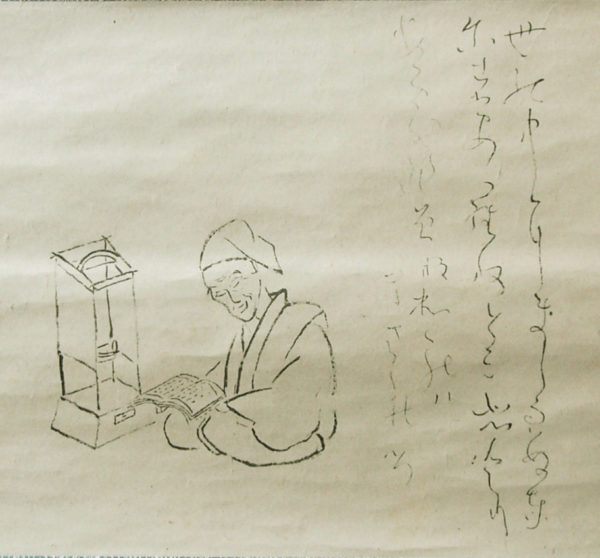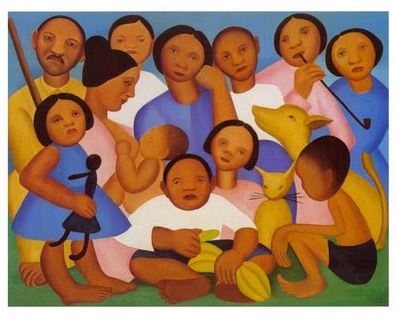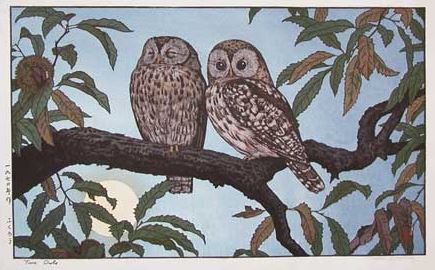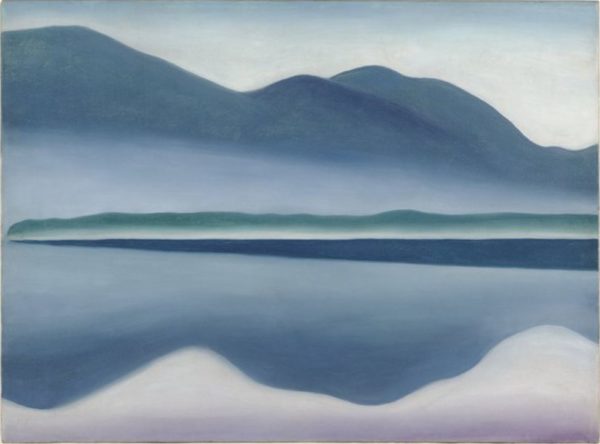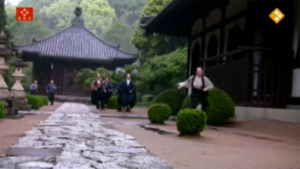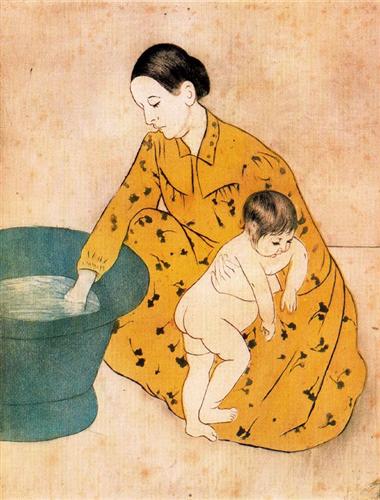In 1790 gaf zenmeester Kokusen van klooster Entsu-ji Ryōkan een inka en benoemde hem tot hoofdmonnik van het klooster. Ryōkan was toen elf jaar zijn leerling geweest.
| Ryo lijkt een dwaas, maar hij bereist de brede Weg; ongebonden, wie kan hem doorgronden? Ik geef hem dit certificaat samen met de houten staf; waar hij ook rondzwerft, hij zal de rust behouden die hij binnen deze muren verkreeg. |
Ryokan! How nice to be like a fool for then one’s Way is grand beyond measure Free and easy, letting things takes their course – who can fathom it? I therefore entrust to you this staff of wild wisteria Whenever you lean it against the wall Let it bring the peace of a noonday nap. |
Ryōkans “verlichting was … een natuurlijk ontluiken, overeenkomstig de rustige soto zentraditie van het … ‘beoefening en verlichting zijn één’. Toen hij net was benoemd, werd hij ‘Ryōkan Taigu’ genoemd. ‘Ryo’ betekent ‘goed’ en ‘kan’ betekent ‘wijd’ in de zin van vrijgevig en groothartig. ‘Taigu’ betekent ‘grote dwaas’, wat verwijst naar een kinderlijke eenvoud en het ontbreken van pretenties en bedrog. (meer…)
